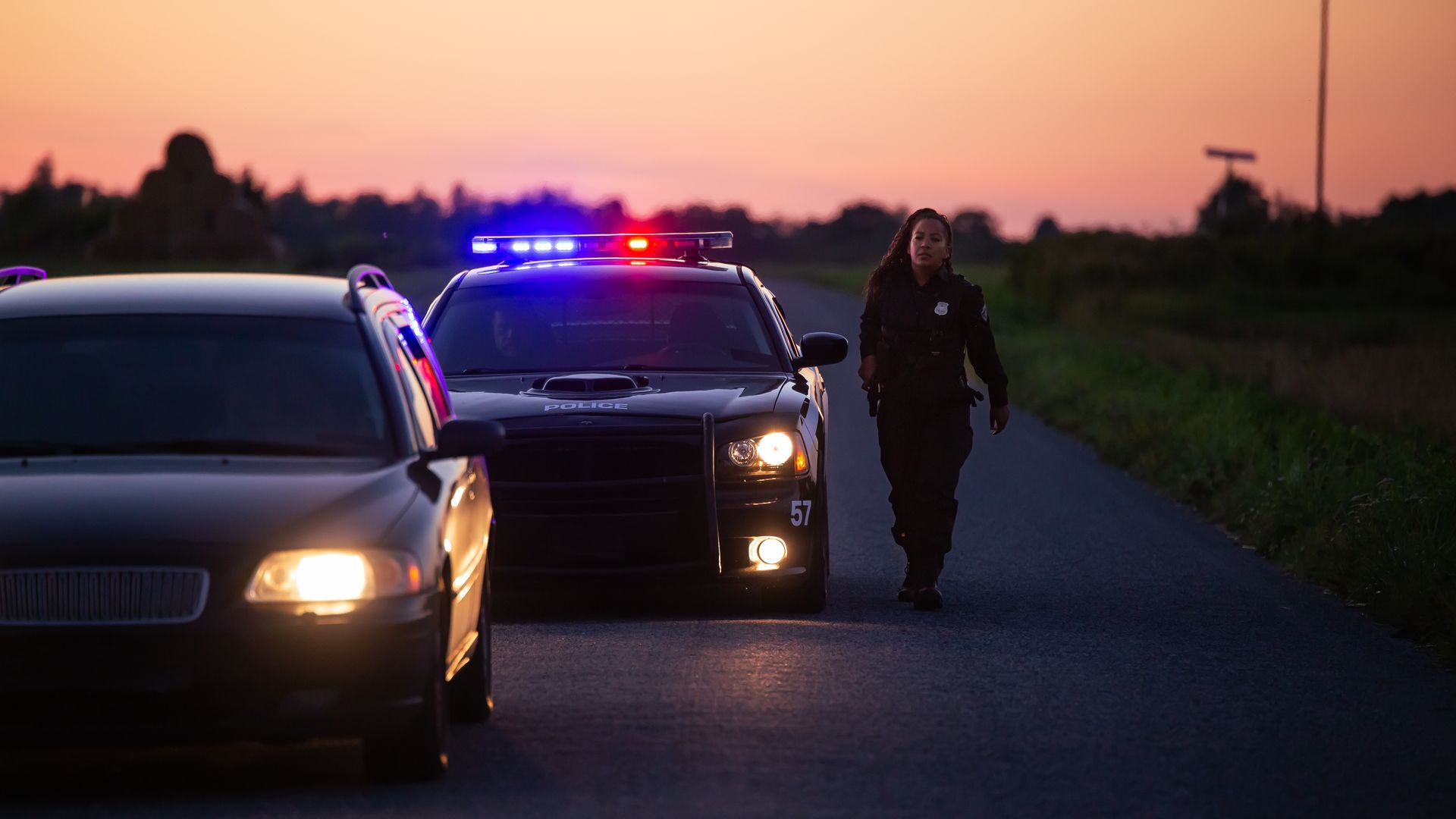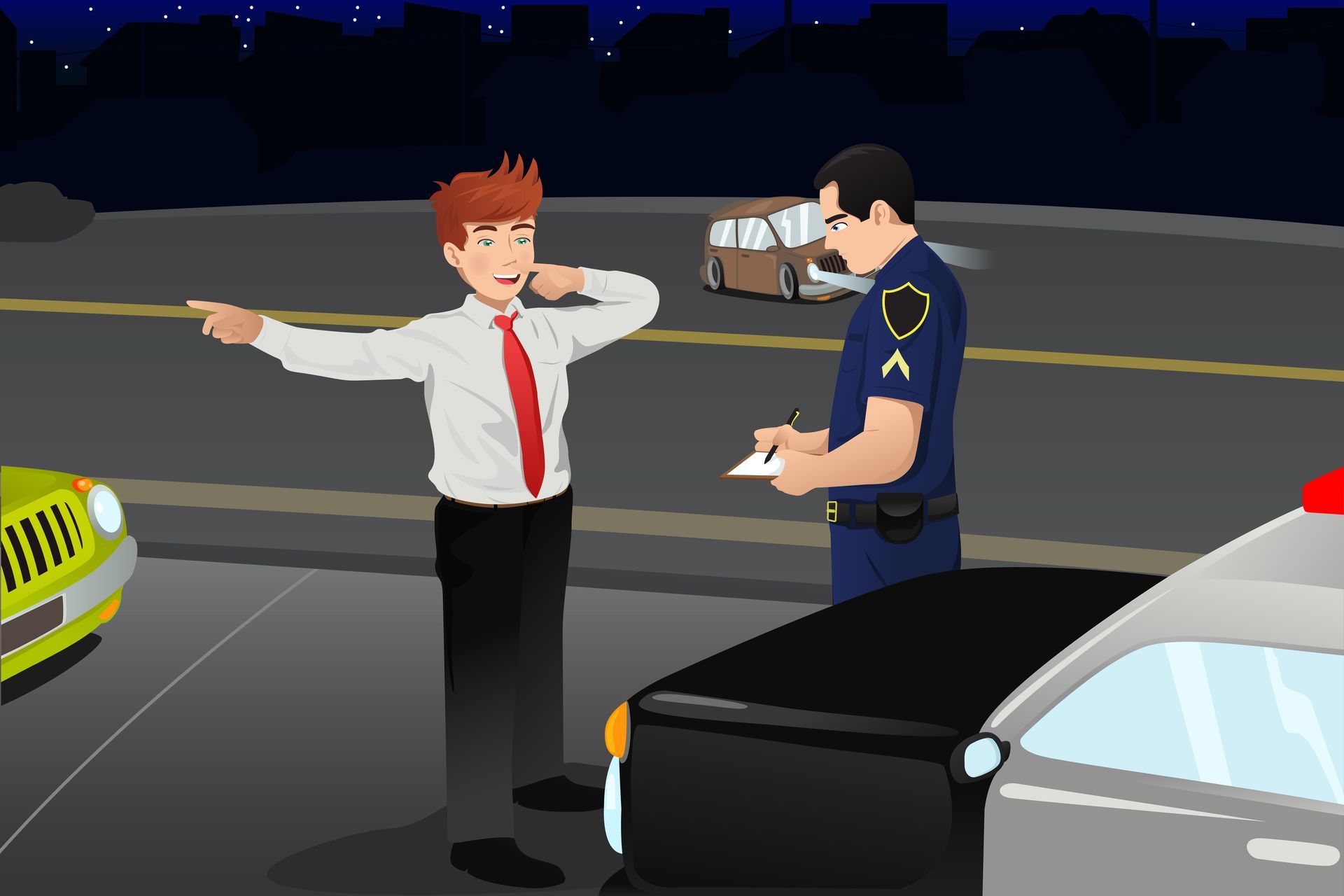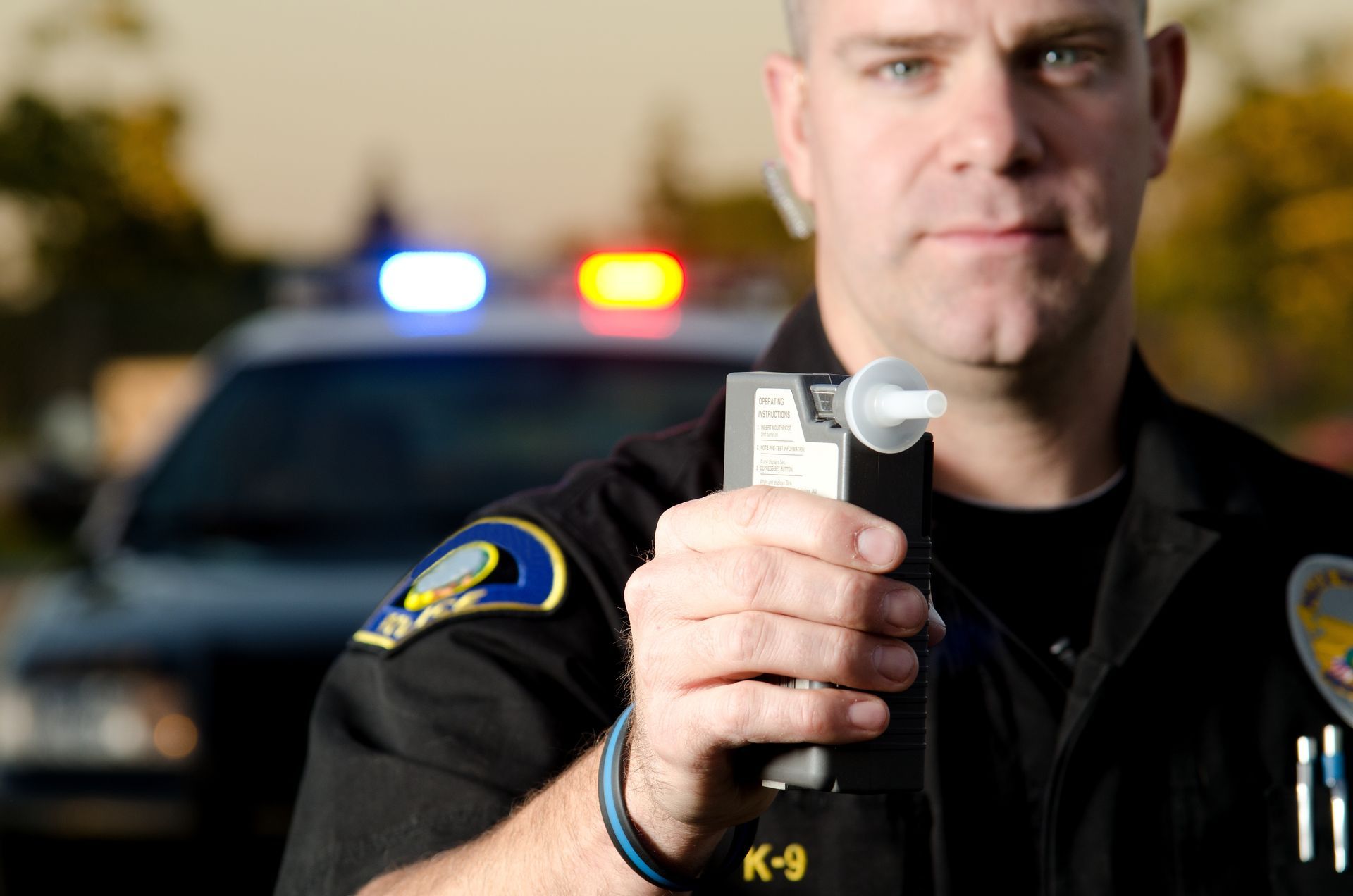How to Beat Charges When Evidence Comes from an Illegal Traffic Stop

In Arizona, many criminal cases begin with a traffic stop that uncovers drugs, weapons, or signs of intoxication. But no matter what officers find, the initial stop must meet constitutional standards. If it doesn’t, the evidence may be suppressed, which can cause the entire case to fall apart.
The Fourth Amendment protects against unreasonable searches and seizures. That protection applies to your vehicle, and it places strict limits on how and why officers can stop and search your car.
This principle is known as the “fruit of the poisonous tree” doctrine, a legal rule that excludes not only evidence obtained through unconstitutional actions, but also anything discovered because of that illegal conduct. If the stop itself was unlawful, any drugs, weapons, statements, or other evidence found as a direct result may be thrown out entirely.
When a Traffic Stop Becomes Illegal
A traffic stop is only lawful if police have reasonable suspicion that a traffic violation or crime has occurred. The stop must be limited in scope and duration unless new, legally supported circumstances arise. In many cases, officers extend the stop, detain passengers, or initiate searches without the necessary cause.
Examples of unlawful stops include those based on vague suspicion, profiling, or fabricated traffic violations. An officer cannot lawfully detain someone just because they are in a “high crime area” or fit a general description. Similarly, using a broken taillight as a pretext for a drug search without any other indicators may result in suppression of all resulting evidence.
Making the Case for a Lack of Probable Cause
Evidence suppression is one of the most effective defense strategies in cases involving traffic stops, but proving there was not adequate probable cause to pull you over can be complicated.
During a ‘suppression hearing,’ your defense attorney can cross-examine the officer who stopped you. Lawyers can highlight inconsistencies, vague reasoning, or claims that aren’t supported by the facts. They can look for holes in the officer’s version of events by asking:
· What was the exact reason for the stop?
· What did the officer observe prior to initiating the stop?
· What was the timing and duration of the stop?
· Did any traffic violation actually occur?
Law enforcement officers can make mistakes, exaggerate, or misremember details while under oath. They can have an even tougher time providing consistent testimony when there isn’t video evidence to back up their version of events.
Logs and Recordings
Although not every patrol car in Arizona is required to have a dashcam, there should still be:
- Dispatch records showing when and why the stop was initiated
- Radio traffic or audio recordings documenting the officer’s justification
- CAD logs with time stamps that may confirm or contradict an officer’s account
Video and Audio From Police Isn’t the Only Source of Evidence
If the stop occurred near businesses, homes, or at a busy intersection, there might be civilian witnesses or surveillance footage of the stop.
An eyewitness may have seen the stop and can testify to what happened, or surveillance cameras from nearby stores might have captured footage of you driving or being stopped.
Your own dash cam footage can be useful, if you have one. For example, if police allege they stopped you after you drifted out of your lane, but your dashcam footage shows you never drifted, their rationale for the stop may fall apart, and any evidence collected during the stop could potentially be excluded.
Police Report Red Flags
Police reports that lack detail, contradict themselves, or repeat vague language (“appeared nervous,” “acted suspicious”) may indicate the officer didn’t have solid legal grounds for the stop and is attempting to justify their actions after the fact.
Common Criminal Charges That Begin With a Traffic Stop
- DUI or drug DUI
- Possession of narcotics or paraphernalia
- Intent to distribute or transport drugs
- Unlawful possession of a firearm
- Hindering prosecution or being an accessory
- Probation violations tied to contraband in the vehicle
Why Suppression Hearings Matter in DUI Cases
DUI arrests often begin with minor traffic allegations, such as failure to signal or momentary lane drift. Even if a driver was drunk, the validity of those allegations must still be supported by evidence. If a stop was made without legal justification, everything that follows, including field sobriety tests and chemical results, can be excluded.
DUI cases also present issues with how long the stop lasted and whether officers expanded the encounter without legal cause. Calling in a K9 unit or extending questioning after completing the traffic portion of the stop can raise Fourth Amendment concerns. Challenging these procedures can potentially be key to dismantling a DUI case.
What to Do If You’re Facing Charges After a Traffic Stop
- Do not admit to anything, even if you believe you're innocent
- Avoid trying to explain your side of the story to police without legal representation
- Request legal counsel immediately and decline searches or questions
- Preserve any dashcam or surveillance footage if available
- Contact a defense attorney as soon as possible to evaluate the legality of the stop
Discuss Your Case With an Arizona Board-Certified Specialist in Criminal Law
If you were charged with a crime after a questionable traffic stop in Phoenix, you may have a strong defense. Suppressing the evidence can limit or eliminate the case against you. Call Michael Alarid III at (602) 818-3110 for a free case evaluation. As an attorney who is Arizona Board-Certified in Criminal Law and Board-Certified in DUI Defense through the National College for DUI Defense (NCDD), he knows where to look for evidence of police mistakes.



